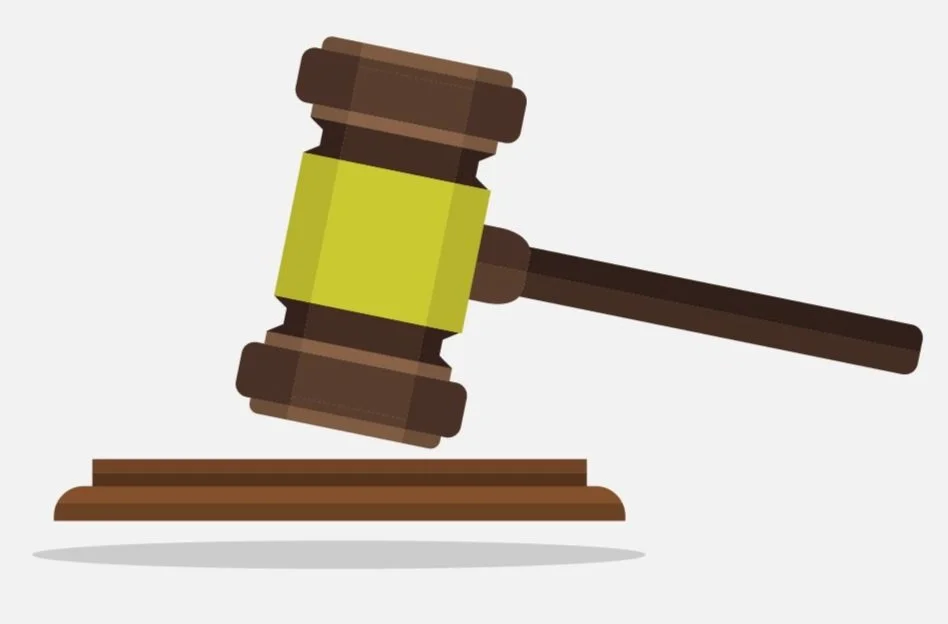
The
Kids
Two Things Before We Go On…
Are you worried about your child’s safety?
If it isn’t a MAJOR CONCERN, think about what is best for the child. Dealing with your ex for the next ten or so years doesn’t sound like fun to anyone; it’s what your child will want in some capacity for their lives.
It’s YOUR JOB to put THEIR NEEDS FIRST.
Are you ready to be a full-time, single parent?
With zero help, physically and likely financially, it is all the eye-rolling, refusing to cooperate, parent-teacher conferences, back-to-school shopping, and temper tantrums— ALL FOR YOU!
In most cases, kids want their parents to stay together. They are kids. They deserve you BOTH. Just at different times and always being considerate of each other.
Long Term Effects
+ Short Term Effects
Children caught in high-conflict divorces often suffer deeply — emotionally, psychologically, and developmentally. While parents wage war, children are left to navigate the battlefield, often with no armor and no choice.
Short-Term Effects:
Survival Mode
In the early stages, the signs of emotional damage are often unmistakable. Children quickly learn that their survival depends on staying in the good graces of both parents — even if those parents are at war with one another.
They walk an emotional tightrope, fearing rejection from either side.
They say whatever each parent wants to hear, often parroting criticisms of the other.
They may tell both parents they want to live with them — not out of manipulation, but out of desperation.
Declining grades and difficulty concentrating.
Outbursts of anger, especially with peers.
Withdrawal or mood swings.
A child who seems to be “performing” a version of themselves instead of just being.
Long-Term Effects:
Lost Identity and Trust
The consequences don’t end when the divorce is finalized. Without support and healing, the damage can echo throughout the child’s life:
Children who constantly suppress their needs may lose touch with their authentic selves.
They may develop emotional disorders, struggling with identity, reality, or deep insecurity.
Alienated children may grow up distrusting the gender of the parent who was maligned.
Abandoned children may enter adulthood seeking love that mimics the parent who left, often in destructive ways.
Those who witnessed abuse are more likely to perpetrate abuse in their own future families.

